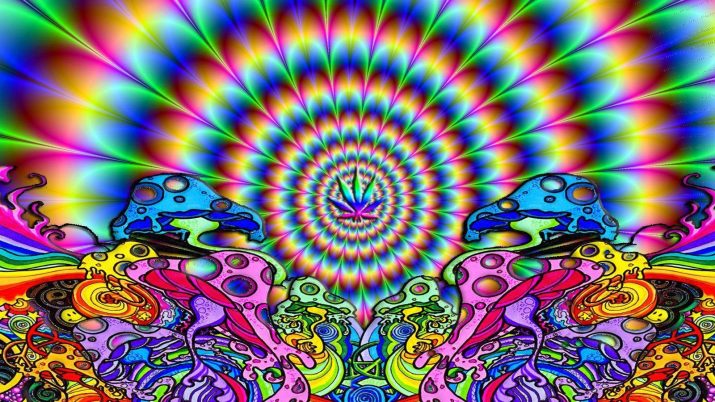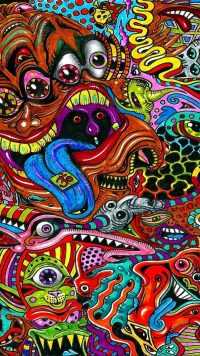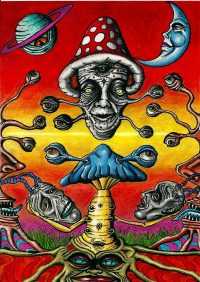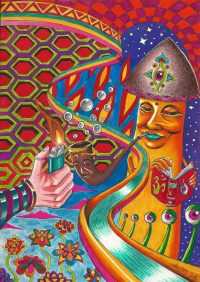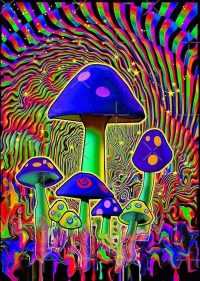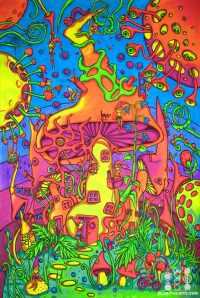Trippy Aesthetic wallpaper
There are competing theories explaining hypnosis and related phenomena. Altered state theories see hypnosis as an altered state of mind or trance, marked by a level of awareness different from the ordinary state of consciousness. In contrast, nonstate theories see hypnosis as, variously, a type of placebo effect,a redefinition of an interaction with a therapist or form of imaginative role enactment.
During hypnosis, a person is said to have heightened focus and concentration. Hypnotised subjects are said to show an increased response to suggestions. Hypnosis usually begins with a hypnotic induction involving a series of preliminary instructions and suggestion. The use of hypnotism for therapeutic purposes is referred to as “hypnotherapy”, while its use as a form of entertainment for an audience is known as “stage hypnosis,” a form of mentalism.
Hypnosis for pain management “is likely to decrease acute and chronic pain in most individuals.” The use of hypnosis in other contexts, such as a form of therapy to retrieve and integrate early trauma, is controversial within the medical or psychological mainstream. Research indicates that hypnotising an individual may aid the formation of false memories, and that hypnosis “does not help people recall events more accurately.”

